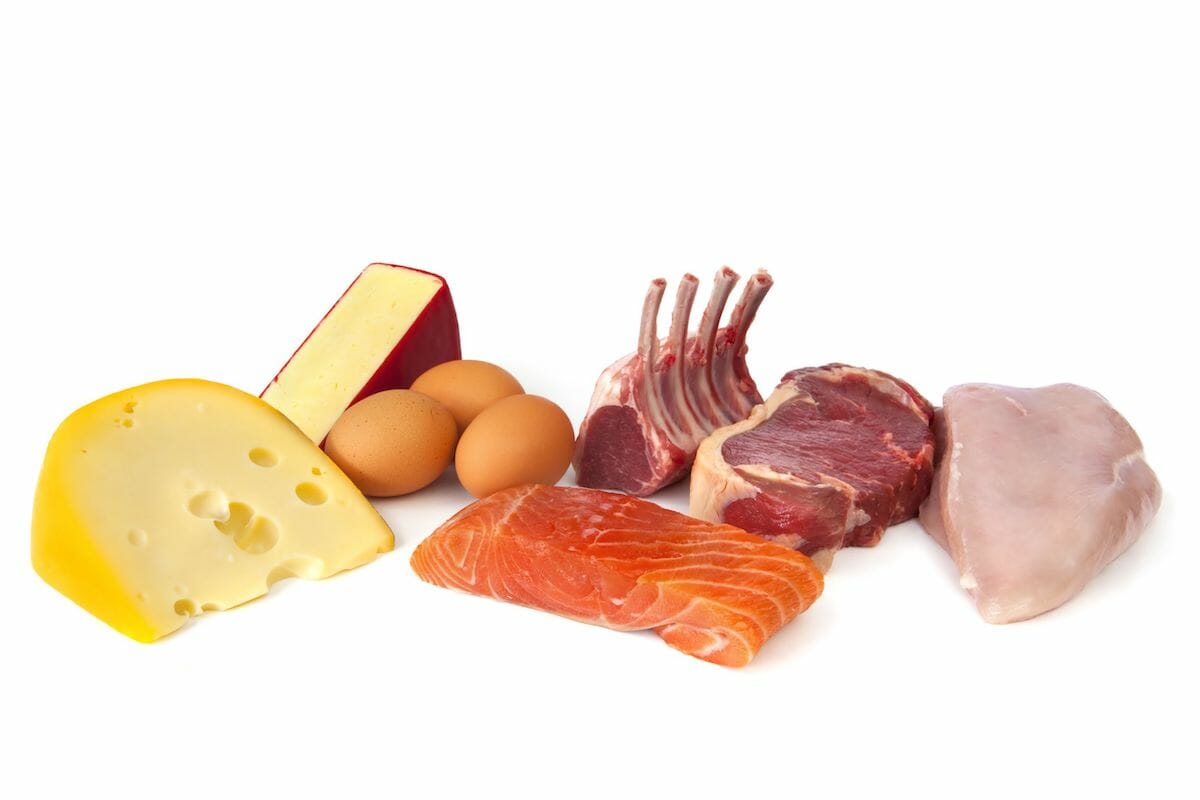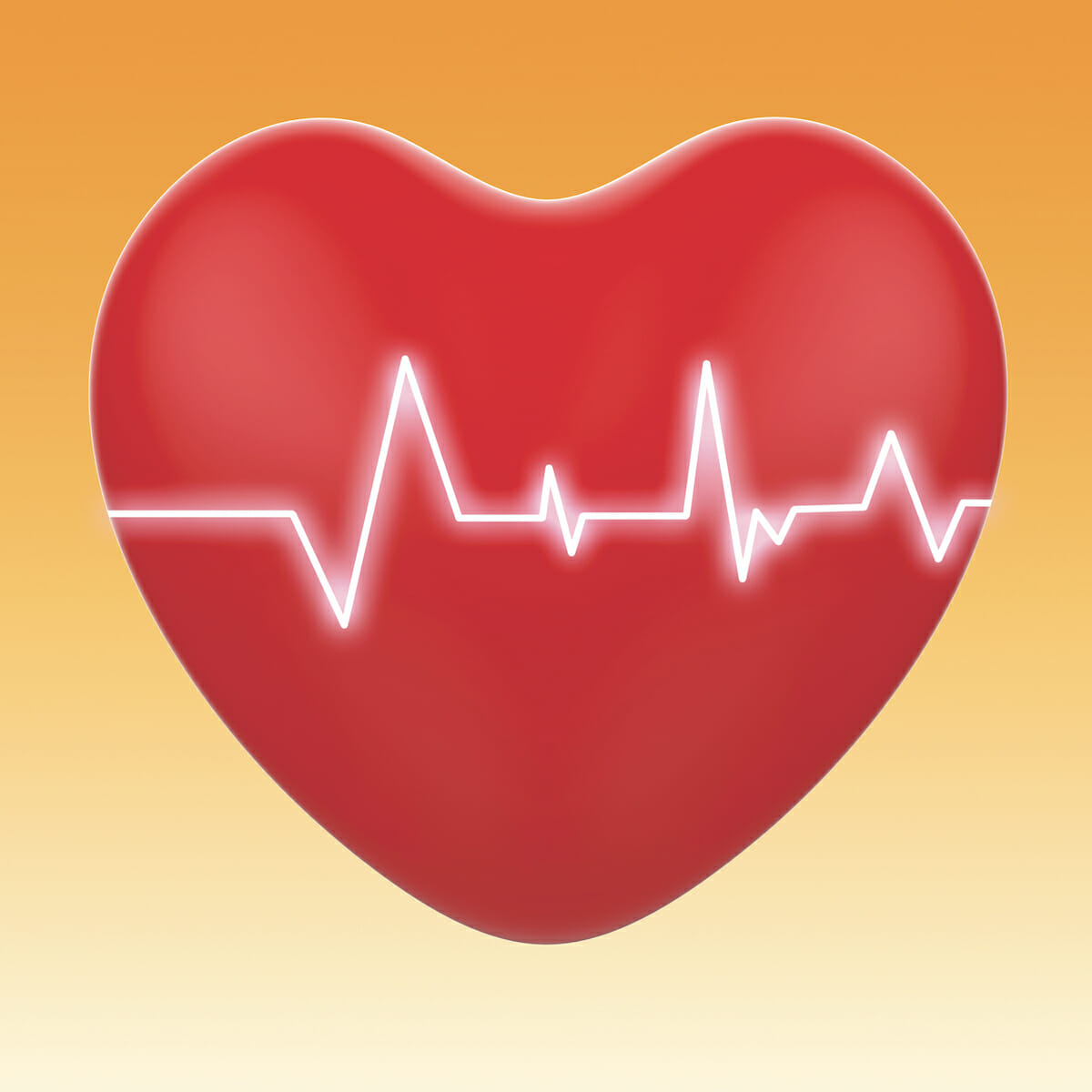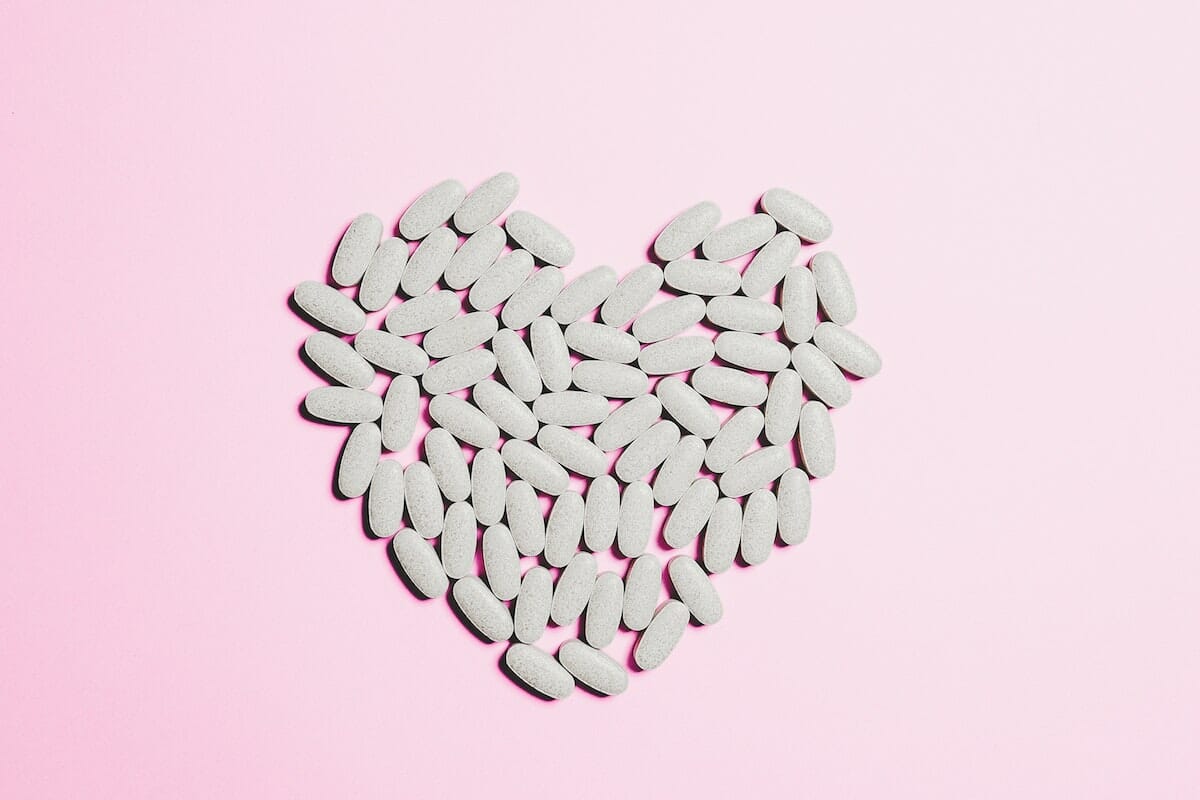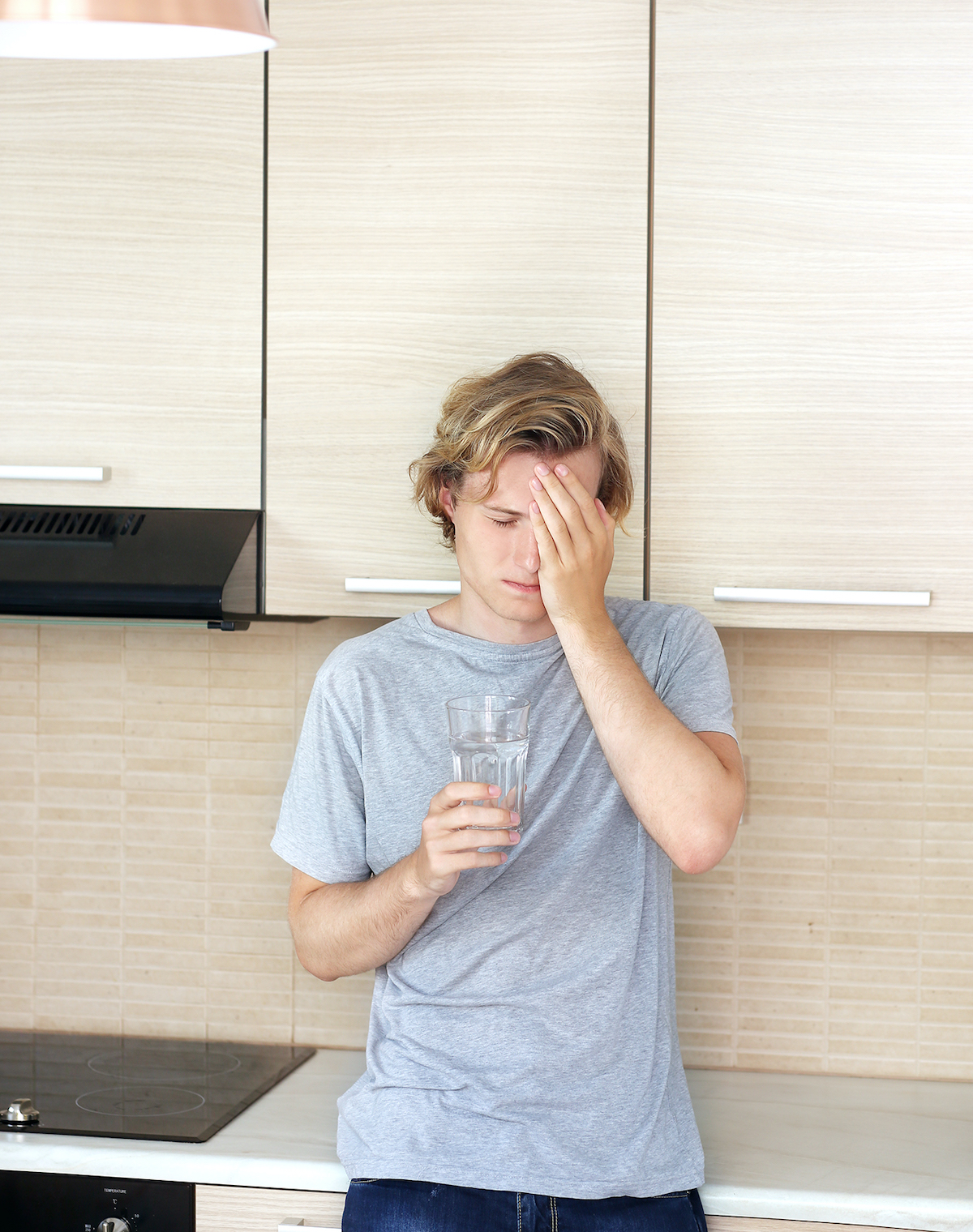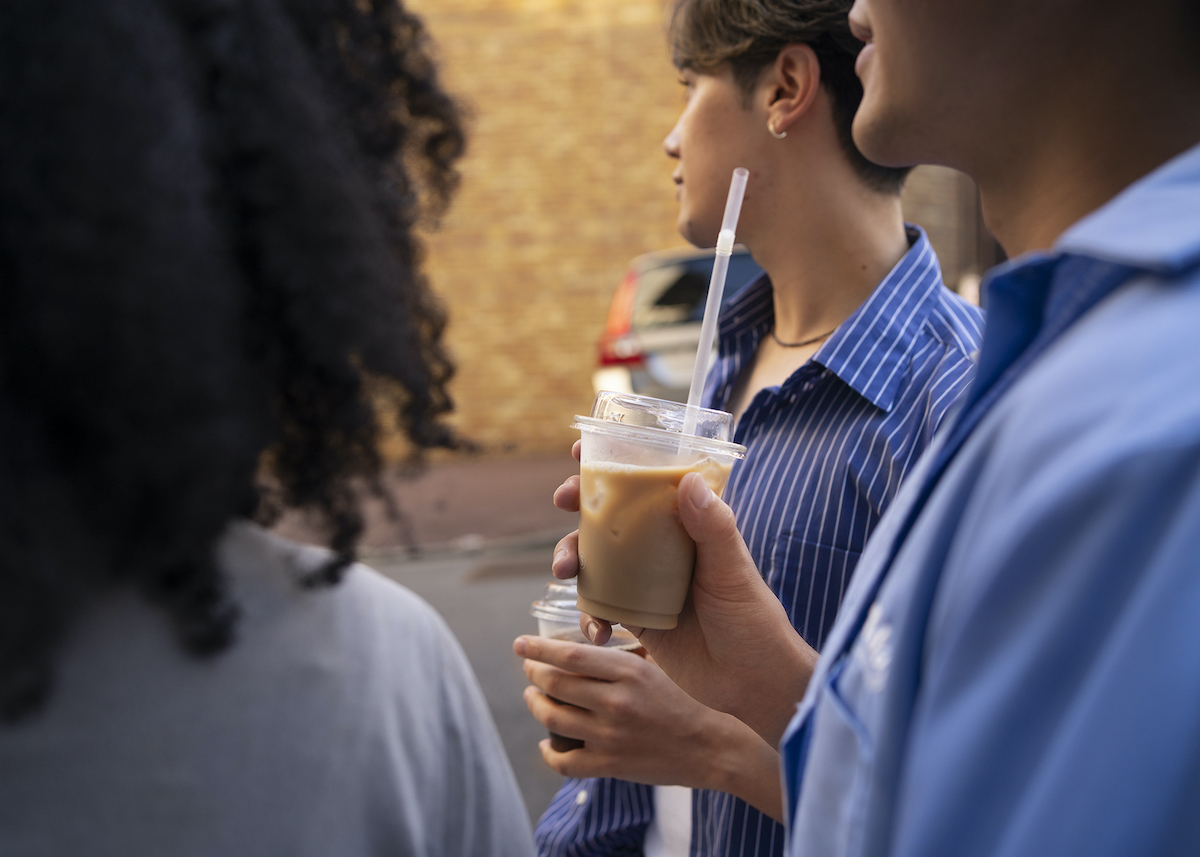Gluten-free Toast
Fruit
Lactose-free Yogurt
Cereal
Sorbet
Hard cheeses
Porridge
Chips and popcorn
Rice cakes or Gluten-free crackers
Incorporating healthy snacks into their diet can help people with irritable bowel syndrome (IBS) manage their symptoms. Doctors may suggest a person with IBS follow a low FODMAP diet.
FODMAP stands for “fermentable oligosaccharides, disaccharides, monosaccharides, and polyols.” Low FODMAP foods are low in these substances.
A low FODMAP diet can benefit people with IBS by reducing their symptoms and helping them identify which foods trigger their symptoms. A person can reintroduce foods gradually to understand which food is causing the symptoms. Portion size may affect the FODMAP of foods.
FODMAP foods are foods that contain certain types of carbohydrates. They include sugars that can cause symptoms in the digestive systems of susceptible individuals. Studies have shown eating a diet low in FODMAP-containing foods may reduce symptoms of irritable bowel syndrome and other gastrointestinal conditions.
The low FODMAP diet is not a long-term diet plan but a way to identify and substitute specific foods that may worsen symptoms. Experts do not recommend following this diet for more than 6 weeks due to the risk of nutritional deficiencies.
The diet plan classifies FODMAP foods as high and low. It recommends that people with IBS avoid high FODMAP foods and choose low FODMAP foods as their daily staples.
It is important to note that serving sizes can also change how well a person tolerates a specific food. For example, having a large amount of a low FODMAP food could turn it into a high FODMAP food.
Experts recommend working with a dietitian to avoid both over-restriction and under-restriction.
High FODMAP foods to avoid or limit include:
Vegetables: Garlic, asparagus, onions, mushrooms, beans, shallots, and scallions.
Fruits: Blackberries, watermelon, prunes, peaches, dates, and avocados.
Meats: Breaded meats, battered meats, and meats served with garlic or onion-based sauces and fillings.
Fish: Breaded fish, battered fish, and fish served with garlic or onion-based sauces.
Fats: Almonds, cashews, pistachios, and avocados.
Starches, cereals, and grains: Beans, lentils, wheat and gluten-based bread, rye, muffins, pastries, and pasta.
Knowing the difference between high and low FODMAP foods can make it easier for a person to incorporate them into a diet. Both categories contain a wide range of food groups.
It is essential to talk with a doctor or dietitian before starting a low FODMAP diet. Doctors do not typically recommend this diet plan for long-term use, as it eliminates some essential, nutrient-rich foods.
Many foods high or moderate in FODMAPs contain a number of nutrients, including vitamins, minerals, and prebiotics, which are food components that support healthy gut bacteria.
How does food trigger a flare-up?
Every case of IBS is unique, so people will likely react differently to various foods. However, certain foods are known to cause particular symptoms in many people with IBS.
Some foods, for example, make the body produce excess gas. Eating these foods can cause unpleasant gaseousness and bloating for people with IBS. Examples of these foods include beans, cauliflower and raisins.
Other food types can lead to diarrhea and cramping, common complaints from people with IBS. Some of these foods include coffee, alcohol, sorbitol sweetener and fried dishes.
Caffeinated foods and beverages like coffee increase stomach acid. For many people, this can lead to pain and loose stools.
Fatty dishes, such as french fries or fried chicken slow down the transport of gas within the intestines. These foods can also reduce bowel function. For people with IBS, consuming fatty foods can lead to a flare-up that may include constipation.
No two people with IBS will have the same experience with trigger foods. People dealing with IBS flare-ups should consult with a doctor to figure out which foods are causing them the most discomfort.
Snacks to avoid
People with IBS may find relief from avoiding foods, candies, or beverages with low calorie sweeteners. Diet sodas, sugar-free chewing gum, and sugar-free ice cream are a few examples of this category.
Many foods contain high fructose corn syrup, particularly processed snacks like chips or cookies. But dried fruits and apples also contain high amounts of fructose. It is best for people with IBS to avoid them.
It takes time for people with IBS to figure out which snacks are safe and which they should avoid. Keeping a food diary can be a great way to track any symptoms that may come up after eating a particular snack.
Even with the most careful planning, IBS flare-ups do happen at times. Careful food choices during a flare-up can help minimize the worst of symptoms.
Focus on hydration
IBS-related diarrhea can lead to dehydration. Getting plenty of fluids can help keep this dehydration from becoming serious. Staying hydrated can also help soften stools and reduce constipation symptoms.
Many people with IBS also find relief from drinking herbal tea during a flare-up. This, along with regular exercise and consistent sleep, can reduce stress and speed recovery.
Summary
Every person with IBS has a different experience. Regular visits with a medical professional can help identify the best foods to eat during a flare-up.
People with IBS often find that certain foods can trigger their IBS symptoms. Incorporating healthy snacks into their daily meal plan can reduce symptoms and even prevent flare-ups.
Avoiding processed foods and emphasizing certain whole food options can also speed the process of recovery from an IBS flare-up. Focusing on hydration and exercise can help people navigate the IBS journey.
SOURCE: https://www.medicalnewstoday.com/articles/snacks-for-ibs?
Exclusive content from CARE magazine


